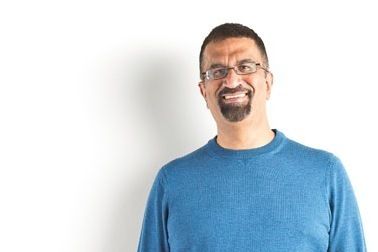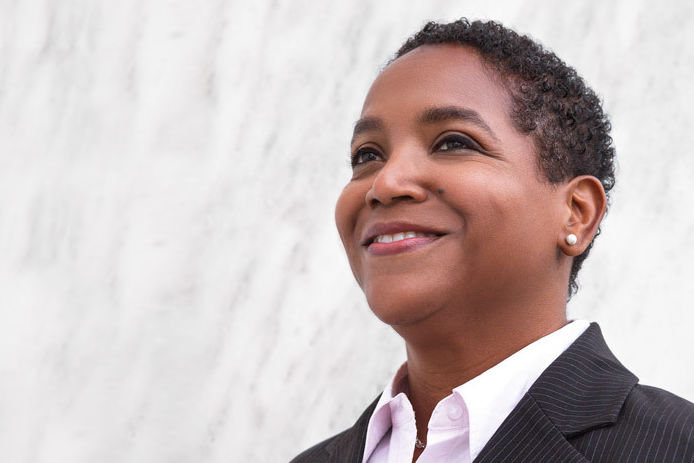Oregon Business and Community Leaders Reflect on Trump
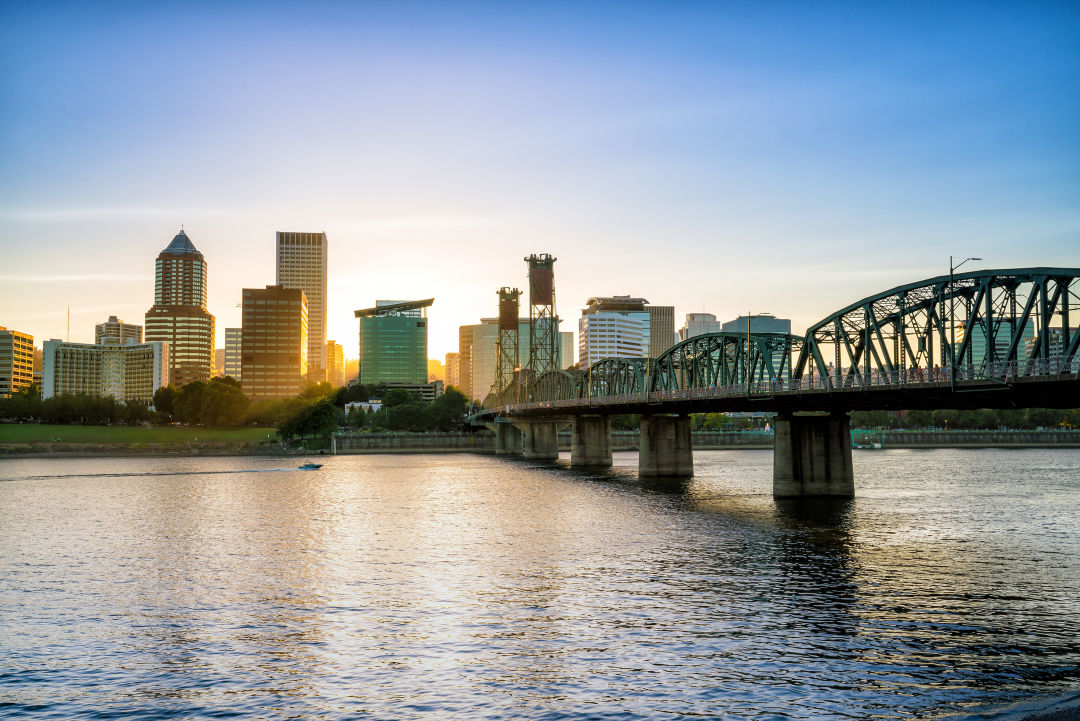
Image: Shutterstock
A few days after the 2016 election, Portland Monthly asked a wide range of Oregonians for their thoughts on what Donald Trump’s victory means for their lives, their work, and their communities.
Readers, we’d love to hear your thoughts as well. Please feel free to share your thoughts in the comment section, and please remember to keep this conversation civil and respectful.
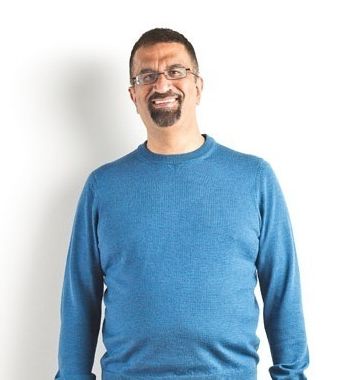
Image: Michael Schmitt
Nitin Rai
Tech entrepreneur, venture capitalist, and director of Elevate Capital
“I’m an Indian immigrant and a minority, and so a lot of the rhetoric Trump ran on was offensive. And it was scary. My initial reaction was, ‘Oh my god, what’s going to happen next.’ But I’ve been around here for 30 years. I told my daughter, in two to four years, you are going to be part of the dominant demographic. And you can effect a change.
“I launched a fund called Elevate Capital to invest exclusively in minorities and women. That’s a demographic that’s been underrepresented in the tech scene. From a social standpoint, however, this demographic is obviously going to be more dominant demographic in the next four to 20 years. There’s a wave coming of people like me that aren’t white. In 20 years, half of America is going to look very different. As an investor, I want to invest in those communities because in 20 years, they will be the majority.
“Simultaneously, I’m also looking to invest in rural Oregon, where a lot of the demographic that voted for Trump lives. They feel disenfranchised as well. From a business standpoint, whether I’m in Portland or in rural Oregon, I want us to be inclusive. When we start focusing on minorities and women, let’s not forget that there might be another demographic that might get left behind. My hope is that more people move into Portland, drawn by these progressive values. But I don’t want to forget about rural Oregon. There are two blue sections in Oregon—everything else is red. We don’t want to become exclusive and insular. We can’t just grow from within. We need to bring people in from the outside.”
Rabbi Gary Schoenberg
Founder, Gesher: A Bridge Home, an alternative Jewish community-building project
“I am concerned, even fearful, that the vitriol, hate, racism, chauvinism stirred by this past election will not be healed. The next four years will present us with both challenges and opportunities. We have a lot of work to do to understand the needs and objectives of the rural world. We need to build new alliances that bridge these concerns with concerns in urban settings. My best advice is to take time for healing. To be gentler and kinder with loved ones, neighbors, friends. And to withdraw temporarily from the Internet and addictively reading the websites that fill us with drama.”
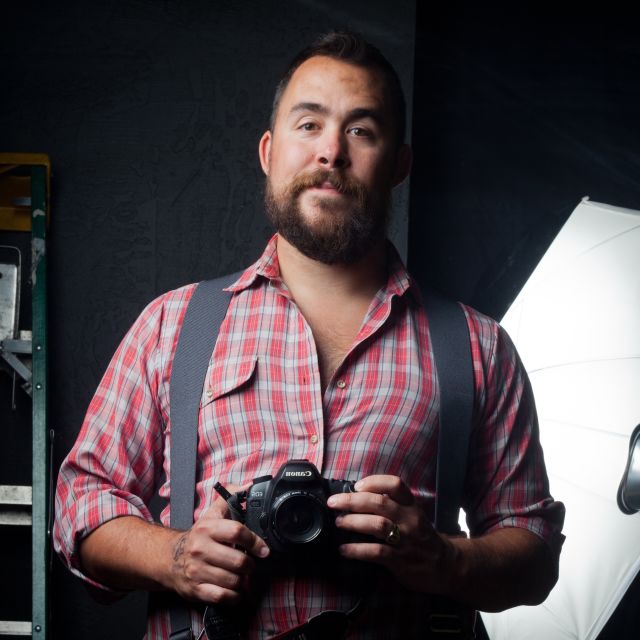
Image: Courtesy Wayne Bund
Wayne Bund
First-grade teacher, artist, drag queen
“Some of my students were very excited for Trump. But for the majority, the reaction was fear and anxiety. There are more than 10 different languages in my classroom. My school is 100 percent free and reduced lunch. These are the students that will be most impacted by a Trump presidency. A student told me a story that their mom was crying during the election results. This student was born in the US, but the parents were not.
“As a teacher, I must create a safe classroom where students can practice tolerance and open-mindedness while still teaching the standards. As an artist and drag queen, I will continue to question the dominant paradigms, satirize those in power, and seek to be fabulous.”
Kim Malek
Co-founder, Salt & Straw
“My 8-year-old, African-American son asked me if he would have to move away. He said the kids at school told him ‘Trump only wants white people here.’ Obviously, they are misunderstanding conversations around immigration, but that's not really the point. The problem is that a new conversation has entered into the schoolyard—one that focuses on how people are different, and what that means for your position in our society.
“When the election results started coming in, we made the call to give away ice cream for the last hour of operation—to create a place where people could come out of isolation. One thing I can say for sure: our company, myself personally, and my hometown of Portland will stand with all our brothers and sisters, hear their stories, share their stories, find common ground, and fight for what we believe in.”
Michael Axley
Married to Kim Malek of Salt & Straw
“Devastated, that's how I feel. I'm almost 50 years old, I'm a black man in America. I have black children, three of them. This is going to be a generational loss for civil rights, and I won't live to see the end of it. People will try to normalize it. Attention! This is in no way normal. This is a black swan event. We as a country allowed it to happen and we are going to pay a profound price, in treasure and blood. Fasten your seatbelts securely please. If you have a seatbelt. For those of you without seatbelts, harnesses, or helmets, I suggest you look out the window and enjoy the lovely view. If you have a window.”
Senator Chuck Thomsen
Republican, East Multnomah County, Clackamas County, and Hood River
“I live in Hood River, and I knock on every door downtown when I campaign, so I see the urban/rural divide right here. I’ve lived here all my life, I have an orchard, I referee basketball, and I’m a volunteer firefighter. And I get 54 percent of the vote. I’m very lucky that I don’t have to run in presidential years, so I’m insulated from some of the emotions that go with that—a lot of people don’t even know what we do at the Legislature. They think politics are what you see on CNN or Fox News. When I was a county commissioner, it was a nonpartisan position, and I didn’t know or care what party anyone belonged to.
“So much of the nastiness we see is, I think, driven by TV money. They made this election like reality TV. Now it’s over, and we’ll move on. This is America. We’re going to do our thing at the state level. The feds will do their thing. And in four years, there will be another election. This whole thing was a shock—it was a shock to me. Is the world going to end? No.”
Emiko Badillo
Owner, Food Fight Grocery
“My mom is a Japanese immigrant, and my dad is Mexican-American. Though my mother is documented, I do have fear for her being someone with an accent, being a woman of color, being someone that a xenophobe filled with a new sense of power because of Trump's win might not like seeing or hearing when she's out shopping or just living her life. Then on the other side, I have fear for my dad. Even though he was born in the U.S. I fear him being profiled. I have fear for myself and my brothers because we are both parts of our parents, and I have fear for all people in this country who have historically been marginalized, to only be under more possible struggles ahead. But I turn my fear into power and strength, and I'm now stronger than ever before.”
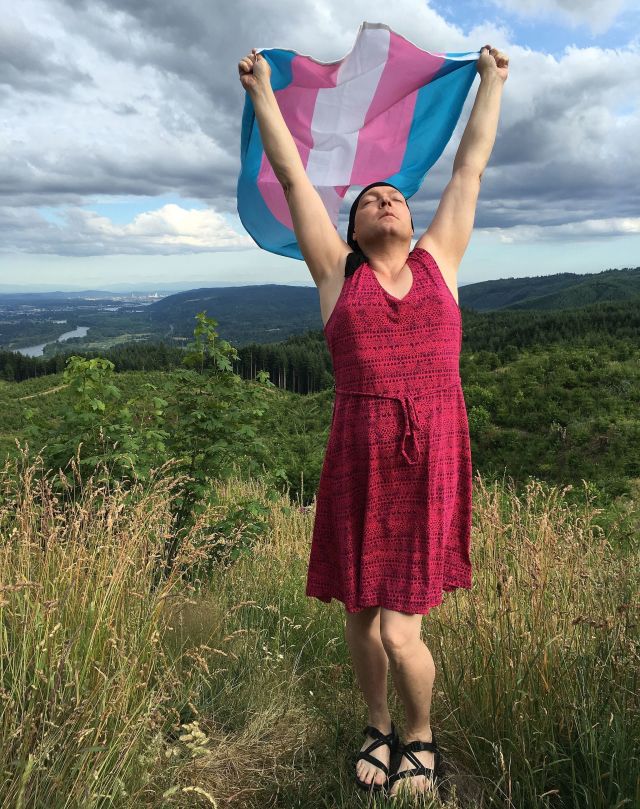
Image: Wikimedia Commons/Estrogin
Jamie Shupe
Non-binary and transgender activist
“Creating safe harbor bathroom spaces is the biggest, single thing that anyone or any business can do to help not only the transgender community, but the LGBTQ community and everyone else. It ends the fighting that is a spectacle elsewhere in the nation, and makes everyone equal. When that private space is just a bathroom, people don't feel a need to police identities or become violent. The trans community is suffering severely from minority stress and we very much need this help.”
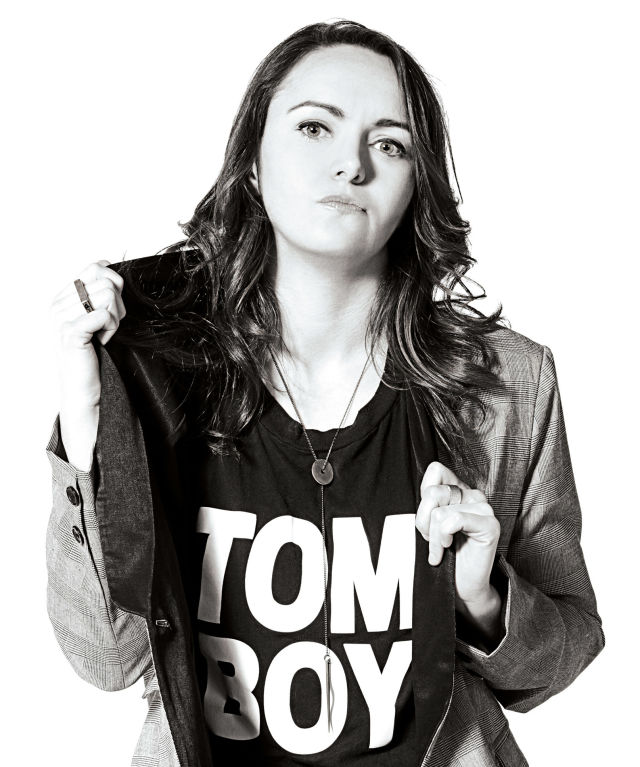
Image: Courtesy Wildfang
Emma McIlroy
CEO, Wildfang
"This election wasn’t about red or blue, it was about something much bigger. It was about standing up to racism, bullying, misogyny, homophobia, transphobia and xenophobia. And yet, we lost. The core values of our company and our community were attacked and it’s left us shaken, sad and angry. We don’t have a master plan. We aren’t going to tell you how to feel or what to do. All we wanted you to know is that you are not alone. Thank you for celebrating differences rather than fearing them. Thank you for being in our community and supporting our company. We’ve never needed to look out for one another more than we do now. Remember you are valuable and you are loved."
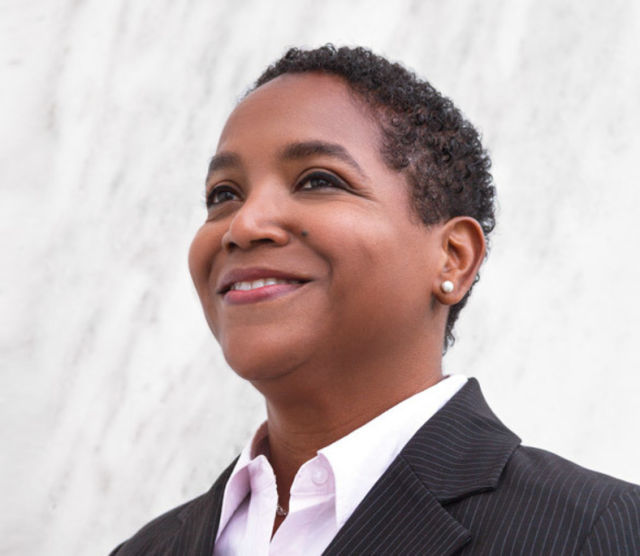
Image: Nicolle Clemetson
Kendall Clawson
Executive director, American Leadership Forum of Oregon
“As a simple human being who experiences the world through the lenses of being black, female, and gay, I’m definitely more concerned about what the future holds for me and for other members of communities who are often on the outside of the American political power structure. The rhetoric that was used during the campaign was so personal—so bluntly focused on pulling from our worst fears of what we assume about each other. It became overwhelming to even imagine that something good could grow from those planted seeds. My emotional intelligence work has been all about managing the waves of anger, fear, and mistrust that has risen in me.
“Despite my personal trepidation and muddling through my discomfort with the unknown that is tied to the incoming administration, I have to balance and recalibrate in my role as executive director of the American Leadership Forum of Oregon. I work with leaders from all across the state of Oregon who work to develop both a sense of personal responsibility for leadership and a collective vision for how we can be better than the negative rhetoric that we all just witnessed from both sides of our electorate. There is a desire on the part of people who are members of the American Leadership Forum of Oregon to not succumb to the perils of bias-based thinking, and to continue working to build trusted relationships through difference.
"While I understand that the resounding separation between rural and urban people in Oregon is of major concern and certainly surfaced in the election, we are looking at ways that we might reframe that discussion to be more about 'the rural/urban connection.' Part of the challenge that we are facing is that people throughout Oregon (and nationally) are suffering economically, politically, and socially, and our natural inclination is to rush toward finger-pointing and establishing the myriad ways in which we are divided. If we stopped talking about what divides us and actually took note of the fact that communities of color and working class people in urban settings are struggling with similar issues that people from rural communities are contending with, we might actually be able to find some solutions.
"We have a strong interest in initiating the kinds of dialogues between unlikely partners from rural and urban communities that will suss out bridging opportunities—much like those that have surfaced between participants in ALF. The unlikely yet powerful relationship between an urban, gay, black woman working in a non-profit and a rural, straight, white timber guy in Oregon has to be a sign that such collaborations are possible."
Carl Abbott
Historian and Portland State University professor emeritus
"I think our progressive bubble is probably a strength. Lots of people are muttering that they can’t stand to live under Trump, they’re going to move to Canada. But they can move to Oregon instead! So to the degree that states have a lot of autonomy—and Republican ideology claims to favor states’ rights—I don’t see Oregon suffering a whole lot in the short term. Trade policy may be where we suffer, because the state would have presumably benefited from the Trans-Pacific Partnership, which won’t happen.”
Travis L. Nelson
Chair, Oregon Democratic Party Black Caucus
"Cannabis is still illegal federally, and the only reason that Oregon and Washington have been able to implement their recreational programs is that Obama directed his Department of Justice to turn a blind eye to it. Donald Trump is going to have to give the same order to his Justice Department, and he is going to be under extreme pressure not to do it. If he does not, we could potentially see the DEA and Justice Department crack down. That could have a huge impact on our state governments, because Oregon and Washington have come to depend on that money from cannabis taxes to fund the government, and that’s something that needs to be talked about.”




